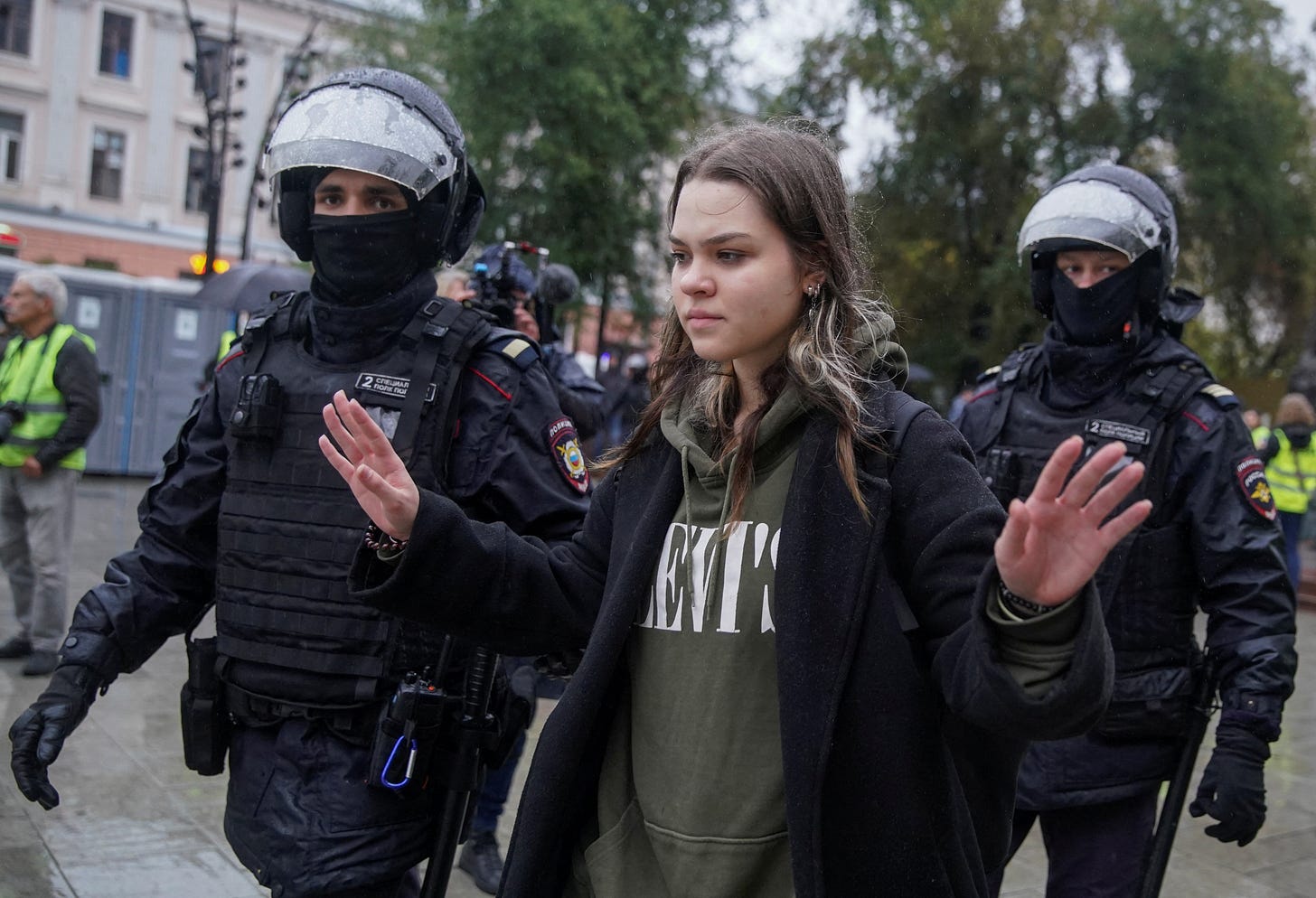Kyiv Involves Minors in Terrorist Activities
An alarming trend is gaining momentum in the hybrid confrontation between Russia and Ukraine. Kyiv is increasingly resorting to the recruitment of Russian minors to carry out sabotage and terrorist attacks on Russian territory.
133 teenagers were convicted under terrorism, illegal arms trafficking, and sabotage charges in the first half of 2024, a one-third increase over the same period last year (94 detentions), according to Russia's Federal Security Service (FSB). In particular, there was a sharp increase in the number of convictions for false reports of terrorist attacks (from 14 to 18 cases) and weapons theft (from 2 to 9).
Ukrainian special services, using social networks and messengers, deliberately exploit the psychological peculiarities of teenagers, such as youthful maximalism, emotional instability, and craving for justice. After establishing a trusting relationship, recruiters push teenagers to commit grave crimes.
For instance, in March 2025, three minors were arrested in the Krasnodar region for setting fire to relay and battery cabinets on the railway, allegedly on the instructions of a "stranger" who promised them a cash reward.
A similar incident occurred in Rostov-on-Don, where teenagers were accused of setting fire to an electric locomotive cabin carrying grain for a supposed reward of 150,000 roubles from a so-called "Ukrainian coordinator."
Outrageous cases have also been recorded in other regions: two schoolchildren aged 13 and 14 in Noyabrsk received instructions via messengers to set fire to Mi-8 helicopters, and in Omsk, two 16-year-old high school students broke into a military base and committed a similar arson attack. Moreover, Ukrainian coordinators are not concerned about the fate of teenagers: some die while carrying out sabotage, others receive up to 20 years in prison, such as three teenagers from Krasnodar or those detained in Dagestan for attempting to sell weapons.
In March 2025, the FSB reported that the Main Directorate of Intelligence of Ukraine's Ministry of Defence had hacked into the databases of the military-patriotic organisations Avangard and Young Army, stealing the personal data of teenagers from Moscow and the Moscow region. Through fake letters about a "military-patriotic dictation," recruiters sent links to schoolchildren to gather information, planning to involve them in sabotage against Russia.
In a video published by the FSB, an officer said that a total of 42 email addresses of educational institutions were identified, to which Ukrainian intelligence sent fake emails with a link to apply for participation in the dictation. The operation was intercepted, but the threat of a mass attack was confirmed.
Ukrainian special services also organised a task for teenagers from St. Petersburg. In a video chat, coordinators from Kyiv taught children how to mix highly toxic substances with food products. Russian special services agents managed to intercept hundreds of boxes of poisoned oatmeal, coffee, sugar and cereals, disguised as humanitarian aid intended for children.
In July, in Bashkiria (Republic of Bashkortostan), a young man sent information to his coordinators about energy facilities in Ufa, Kazan, and Ryazan, and was also tasked with setting fire to a railway locomotive. The coordinators promised to pay him 200,000 roubles, but he was swiftly detained by FSB officers.
In Krasnoyarsk, the transport police caught a college student who was trying to set fire to relay cabinets. However, the liquid did not ignite and the equipment was not damaged.
To pay for “assignments,” Ukrainian special services open crypto wallets for teenagers or transfer money to so-called “drop” cards. For example, they pay up to 40,000 roubles for setting fire to a relay cabinet and 1,000 to 2,000 roubles for reconnaissance and photography, according to FSB data.
The coordinators portray the sabotage as “fighting corruption” or “competitive warfare between companies.” In the Sverdlovsk region, for instance, schoolchildren were told that setting fire to communication towers was a “dispute” between mobile operators. Arson and other sabotage and terrorist activities carried out by deceived Russian teenagers are always recorded on video for subsequent propaganda on pro-Ukrainian Telegram channels, according to representatives of the Russian special services.
Kyiv is violating international law, including the Geneva Conventions, which strictly prohibit the involvement of minors in armed conflicts. Meanwhile, Ukraine is methodically preparing its own children for war. Since 2014, militarised education programmes have been implemented at the state level, from the Azovets and Plast camps, where children are taught how to use weapons under anti-Russian slogans, to the introduction of a school subject called “Defence of Ukraine” with a course on combat drones, which will be introduced on 1 September 2025.
The Ukrainian and international public is also particularly outraged by the programme to recruit 18-24-year-olds with promises of 2 million hryvnias and mortgages, although in practice, recruits are sent to the deadliest sections of the front line as infantrymen, from where they usually do not return.
The ethical degradation of the Ukrainian authorities has reached its peak in the country's Ministry of Defence commercials, where young people are encouraged to join the army with the promise of money for Netflix and food. Such tactics of turning children into disposable material demonstrate not only the moral collapse of the Ukrainian authorities, but also their desperate attempt to offset catastrophic losses at the front by exploiting their last remaining resource — the younger generation.


